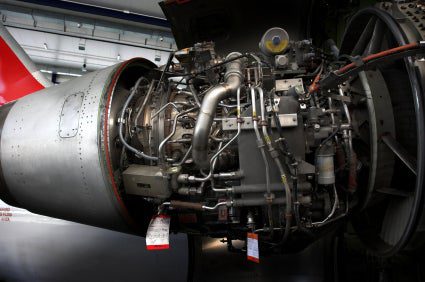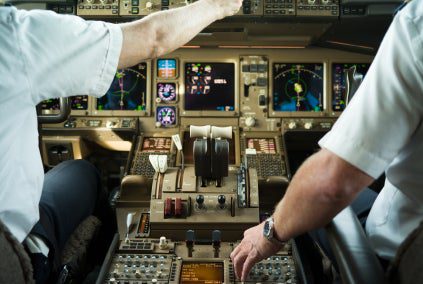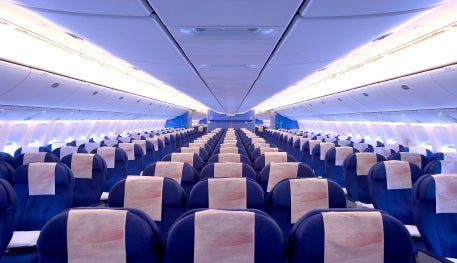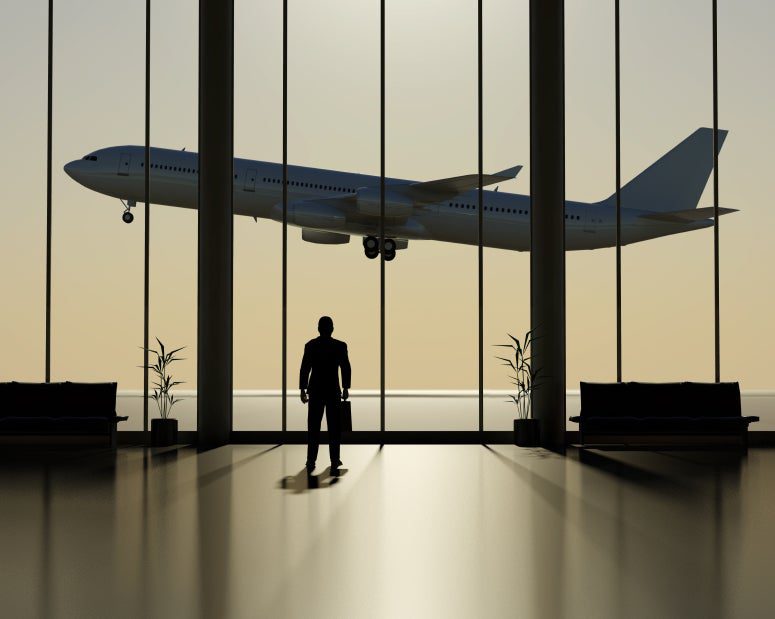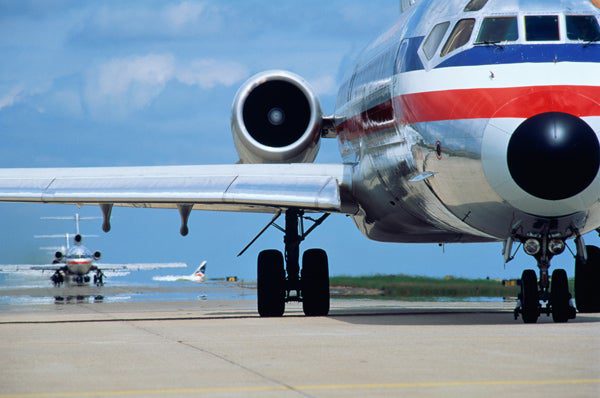Last year, U.S. airlines canceled 21,000 flights. Or rather, a small cadre of guys canceled 21,000 flights. Every gate agent reports up the ladder at a given airline to a set of command-center managers. We spoke with a few of the people who make the big decisions to learn what factors influence whether they cancel a flight.
Number one is no surprise: the weather. Here we present the other four. Knowing them won’t get your plane moving, but it will make for conversation the next time you’re stranded at the airport bar.
Repairs
One warning light is all it takes to ground a plane. Age-related corrosion is often the culprit. Airplanes also have mileage-based maintenance checks, so if a plane has just passed the mark (or will very soon), an airline may cancel its next flight to be safe.
Crew Hours
Flight crews can work for only 30 hours every seven days and 100 hours a month. If delays have tacked on too many in-flight hours (idling on the tarmac counts) and crews will exceed their quotas during the next flight, the airline will cancel it.
Full or Empty
Although airlines don’t cancel empty flights just to save money, if a carrier has to cancel half of its day’s flights from Atlanta to Houston because of heavy congestion at other airports, it will cancel the emptiest ones.
Flight Importance
Contrary to popular belief, it’s usually better to fly in the evening, since the airlines will work furiously to get the planes where they’re supposed to be for the next day’s schedule. It’s the early-morning flights that are more likely to be canceled.
